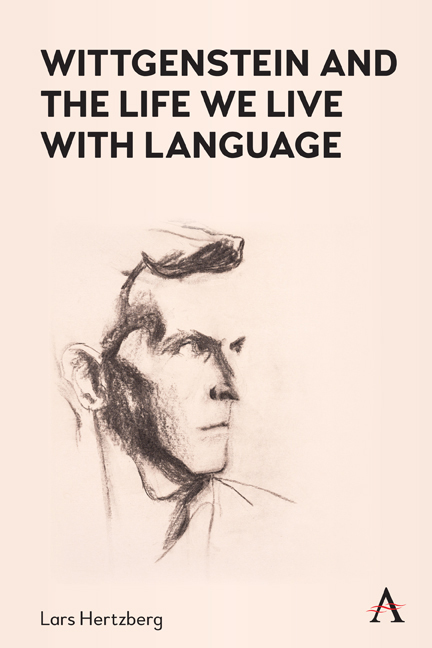Book contents
- Frontmatter
- Dedication
- Contents
- Acknowledgements
- Introduction
- 1 Attending to the Actual Sayings of Things
- 2 The Sense Is Where You Find It
- 3 On Excluding Contradictions from Our Language
- 4 ‘How Do Sentences Do It?’
- 5 On the Need for a Listener and Community Standards
- 6 ‘It Says What It Says’
- 7 Very General Facts of Nature
- 8 Ethics as We Talk It
- 9 Moral Escapism and Applied Ethics
- 10 Reasons to Be Good?
- 11 The Importance of Being Thoughtful
- 12 What’s in a Smile?
- 13 On Aesthetic Reactions and Changing One’s Mind
- Bibliography
- Index
4 - ‘How Do Sentences Do It?’
Published online by Cambridge University Press: 15 September 2022
- Frontmatter
- Dedication
- Contents
- Acknowledgements
- Introduction
- 1 Attending to the Actual Sayings of Things
- 2 The Sense Is Where You Find It
- 3 On Excluding Contradictions from Our Language
- 4 ‘How Do Sentences Do It?’
- 5 On the Need for a Listener and Community Standards
- 6 ‘It Says What It Says’
- 7 Very General Facts of Nature
- 8 Ethics as We Talk It
- 9 Moral Escapism and Applied Ethics
- 10 Reasons to Be Good?
- 11 The Importance of Being Thoughtful
- 12 What’s in a Smile?
- 13 On Aesthetic Reactions and Changing One’s Mind
- Bibliography
- Index
Summary
If it is asked: ‘How do sentences manage to represent?’ – the answer might be: ‘Don't you know? You certainly see it, when you use them.’ For nothing is concealed.
How do sentences do it? – Don't you know? For nothing is hidden.
But given this answer: ‘But you know how sentences do it, for nothing is concealed’ one would like to retort ‘Yes, but it all goes by so quick, and I should like to see it as it were laid open to view.’
– Ludwig Wittgenstein, Philosophical Investigations I, § 435Accounts of the Understanding of Sentences
i. In his essay ‘Truth and Meaning’ Donald Davidson writes,
It is conceded by most philosophers of language, and recently even by some linguists, that a satisfactory theory of meaning must give an account of how the meanings of sentences depend upon the meanings of words.
Again, P. F. Strawson writes, in his essay ‘Meaning and Truth’,
we must acknowledge […] that the meaning of a sentence in general depends, in some systematic way, on the meanings of the words that make it up.
Although Strawson is here engaged in a polemic against Davidson, they are apparently agreeing on how sentences mean: the meaning of a sentence is dependent on the meanings of the words (or expressions) of which it consists. This might not be thought surprising: after all, one might think, the conviction they share is self-evident. The idea that the meanings of sentences are dependent on the meanings of their constituent parts must be the starting point for any meaningful inquiry into linguistic meaning, must it not?
If asked to give our grounds for this conviction, we might spell it out roughly along the following lines: obviously, some kind of general ability must underlie the fact that we are able to learn to speak and to use and understand sentences, many of which we have never heard before, in an infinite array of different situations; otherwise this latter ability would be a mystery. And the fact that this ability is shared by the members of a language community, in turn, is what explains the fact that communication by means of words is possible.
- Type
- Chapter
- Information
- Wittgenstein and the Life We Live with Language , pp. 53 - 72Publisher: Anthem PressPrint publication year: 2022



